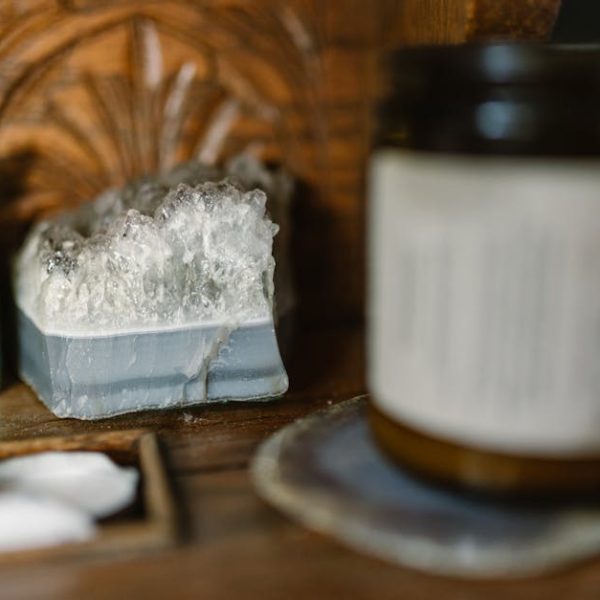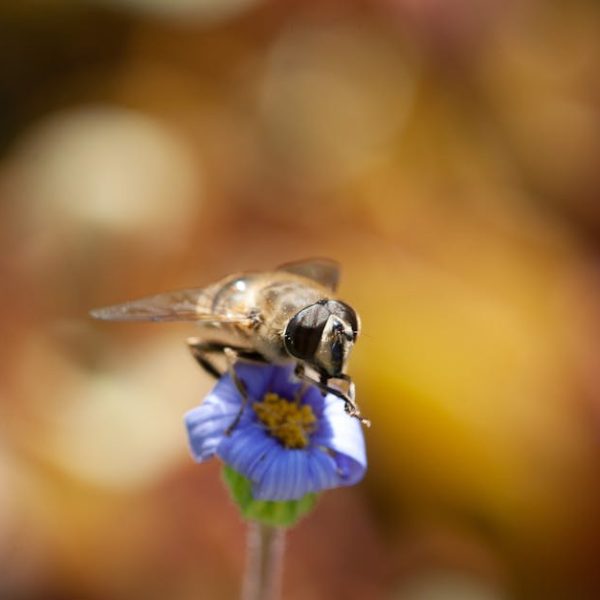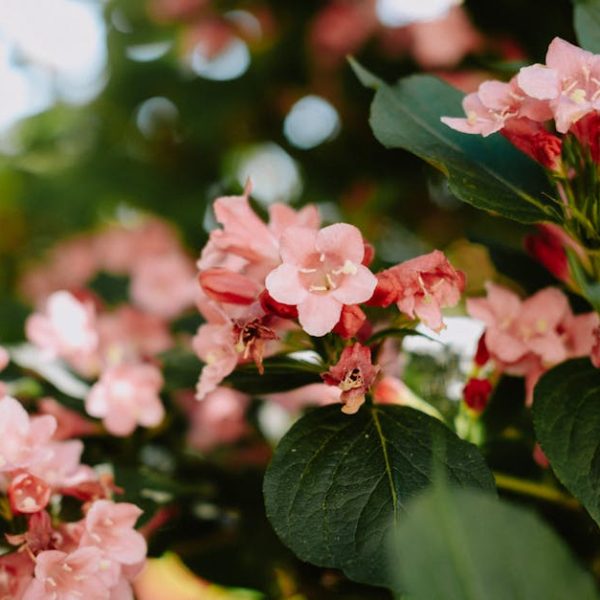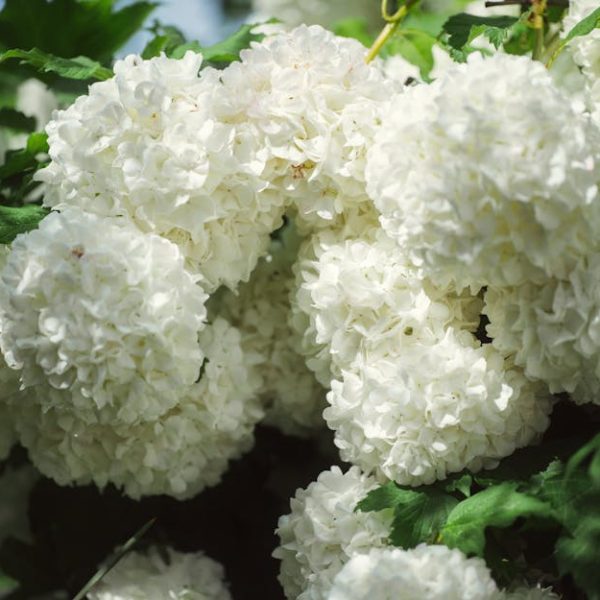Understanding the subtleties of composting can turn novices into green-thumbed gurus. It’s an environmentally friendly practice that involves recycling organic waste into nutrient-rich soil. Let’s delve deeper and understand some key composting principles that will help you on your gardening journey.
Understanding the Basics of Composting
Composting is more than a passing fad; it’s a sustainable practice that turns waste material into valuable ‘black gold.’ Composting is predominantly a bio-degradation process. It involves organic waste such as vegetable peels, coffee grounds, and shredded newspaper decomposing naturally over time. Depending on various factors such as temperature and composition, your waste can transform into compost anywhere from two months to a year.
Composting brings a cascade of benefits:
- Reduces landfill waste: By composting, you save waste from hitting the landfill where it otherwise releases harmful methane gas.
- Cuts down on greenhouse emissions: Acting as a natural carbon sink, composting absorbs and stores carbon that could otherwise contribute to global warming.
- Enriches soil: Compost gives back to the earth by supplementing the ground with vital nutrients, improving soil structure, and enhancing its water-holding capabilities.
Symptoms of Unfinished Compost
Your compost pile is a work in progress, but how do you know if it’s still cooking? Here are a few tell-tale signs:
- Recognizable scraps: You can still see fruit peels, twigs, or eggshells.
- Odor: A bad smell usually indicates that the pile is still breaking down.
- Heat: If the center of your pile feels warm or even hot, then your compost isn’t ready yet.
Pro Tip:
You can speed up the composting process simply by turning your pile every week or two. You might choose to add a compost accelerator to give your pile a boost. Yet, remember that the best compost often demands patience and vigilance.
Appearance of a Completely Composted Pile
When your compost reaches its peak, it deviates from its origin. The heat subsides, and what once was a heap of organic rubbish evolves into a mound of rich, dark substance that resembles fertile garden soil.
Here’s a quick checklist to ascertain whether your composted material is garden-ready:
- Color: Your compost should be dark brown, like rich garden soil.
- Smell: Ready compost has a pleasant, earthy aroma. Any strong or sour smells should be absent.
- Heat: Finished compost is cool to the touch. You can check by inserting your hand into the center of the pile.
Wait for two weeks after the last heat emission before using it just to double-check it has fully matured. It’s always better to wait a little too long to apply compost than to apply it too early.
In the next part of the article, we’ll talk about the bag test and common misconceptions about compost maturity. Let’s make your composting experience as smooth and productive as possible. Our hands may get dirty, but our gardens and planet will thank us.
Verify your Compost’s Readiness through Bag Test
As we become more attuned to our composting endeavors, we learn not just to rely on our eyes, but our noses too! In this process of composting alchemy, the bag test is another keen strategy to understand better when your compost is ready.
Here’s how you can conduct a bag test:
- Get a handful of compost and place it in a plastic zip-lock bag.
- Seal the bag and leave it alone for a few days.
- After the waiting period, open the bag and inhale the aroma.
Does it smell fresh and earthy, just like a rejuvenating day in the woods? Congratulations, your compost is likely ready! If it emits an unpleasant odor or still has identifiable food or waste particles, it needs further time to decompose. You see, our sense of smell can often be a gateway to understand our composting cycle better!
Misconceptions and Errors About Compost Maturity
As with any endeavor, misconceptions and mistakes can sometimes muddy the beautiful path of composting. However, we’re here to clear the air (pun intended)!
One of the most common misconceptions about composting is that it necessitates a fixed timeframe. Each composting journey is unique, and there’s no one-size-fits-all timeline for compost maturity. Nature has its pace, and it’s lucrative to adapt ourselves to that rhythm rather than dictate it.
Also, there’s a common belief that all compost piles behave and decompose uniformly. However, different compost elements lead to varied compost piles. The secret recipe of every compost pile lies in the kind of waste you recycle!
Here are a few common errors gardeners might make while assessing their compost:
- Being too hasty: It’s tempting to use your compost as soon as it starts looking like soil. However, patience pays dividends in composting!
- Lack of moisture: Dry compost can slow down the decomposing process. Aim for the moisture of a wrung-out sponge.
- Inadequate green and brown balance: A healthy compost pile needs an adequate balance of green (nitrogen-rich) and brown (carbon-rich) materials. Too much of either could disrupt the composting cycle.
Remember, the journey of composting is a lesson in observation and patience. As we navigate through this journey, these virtues can prove exponentially rewarding. Here’s to productive composting and bountiful gardens!
Key Takeaway:
- Composting is a sustainable practice that transforms organic waste into nutrient-rich soil, reducing landfill waste and greenhouse emissions.
- There are clear symptoms of unfinished compost like recognizable scraps, bad smell, and internal heat.
- A fully composted pile appears dark and crumbly, emits an earthy smell, and is cool to the touch.
- A bag test where compost is sealed in a plastic bag and observed for changes is useful in verifying its readiness.
- Misconceptions about composting include assuming a specific timeframe for compost memory and considering all compost piles as the same. Diligence and patience are crucial for successful composting.
Composting is an extraordinary process in which waste transforms into a boon for your garden through nature’s precision. Always remember, it’s not a race, but a journey that requires patience and observation. So keep going, and let your efforts bear fruit, or in this case, delightful homemade compost.
FAQs
Q: What should I do if my compost pile smells bad?
A: A bad smell indicates that your compost pile may have too much green material or might be too wet. Try adding some brown material, such as dry leaves or shredded cardboard, and stirring the pile to provide adequate aeration.
Q: How can I accelerate my composting process?
A: Regular turning of your compost pile can help to speed up composting. You might also consider introducing compost accelerator or more nitrogen-rich ‘green’ materials to the pile.
Q: Is it ok if my compost pile is hot?
A: Yes, heat in your compost pile indicates that decomposition is actively happening. However, it also implies that your compost is not yet ready to use. Finished compost should feel cool to the touch.
Q: What do I do if the moisture level in my compost pile seems off?
A: If your compost is too wet, add more brown material to help absorb the excess moisture. In contrast, if your compost pile is too dry, add some water or green material for additional moisture.
Q: Can I compost meat or dairy waste?
A: It’s best to avoid composting meat and dairy waste as they attract pests and can cause foul odors. Stick to composting vegetables, fruit peels, coffee grounds, eggshells, and yard waste.
Dive deeper into the world of composting by exploring more posts on our website. Your planet and your plants will thank you! Please share this article if you found it helpful.






